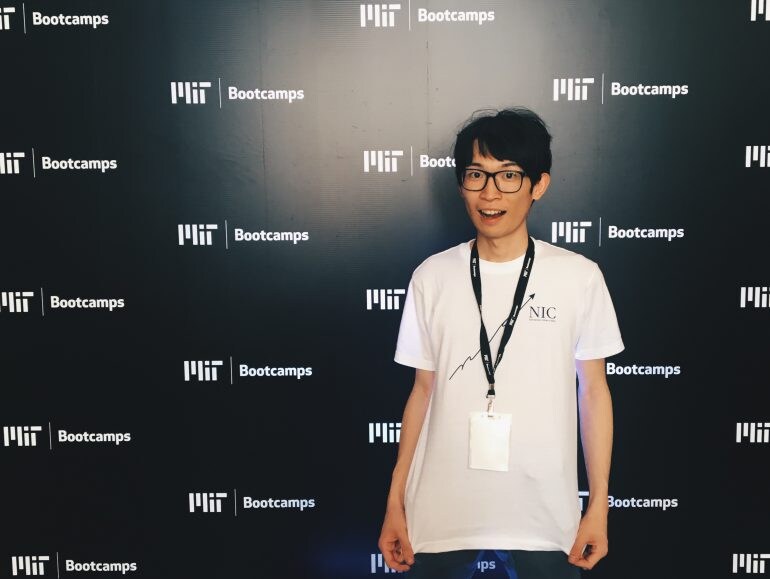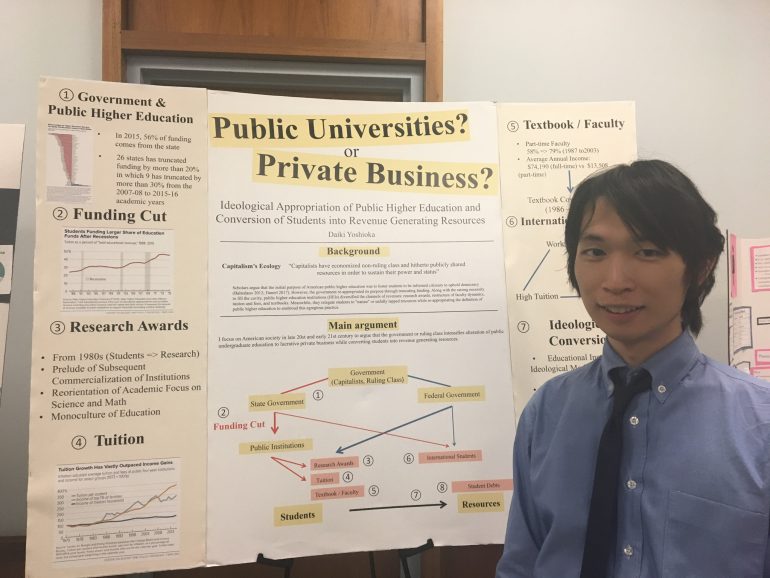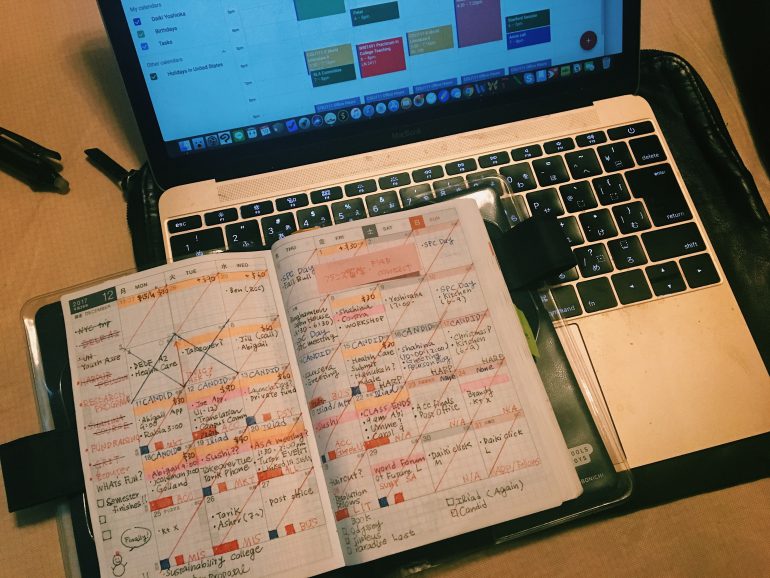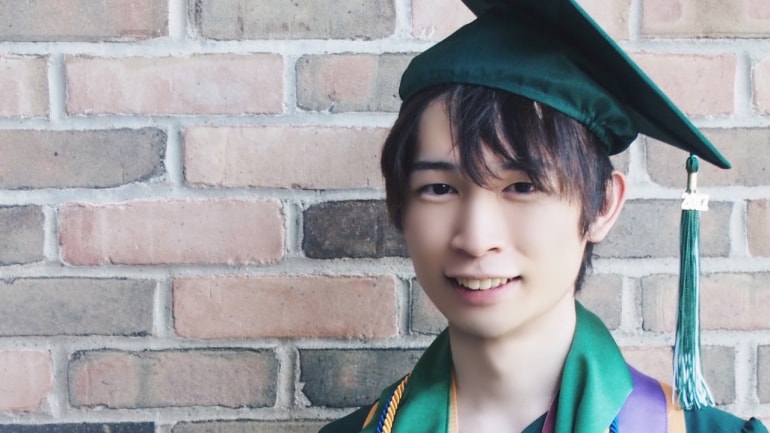
MIT Boot Camp in Brazil: A summer I?ll never forget
The summer break of 2018 was a special one. I first went back to Japan, my home country. Then I worked part-time to save some money. However, the most memorable experience of my summer was when I went to Brazil to participate in a week-long MIT Innovation & Entrepreneurship Bootcamp.
I first found out about MIT Innovation & Entrepreneurship Bootcamp on EdX where I massively took random courses during my gap semester. I never thought that this discovery would influence my life so dramatically. As I have been interested in solving social problems through launching a company, I submitted my application while thinking I would not get selected (acceptance rate is 7~10%). Needless to say, I screamed with joy when I got the letter of acceptance! My journey to the MIT Bootcamp started from there. Here are three lessons I learned along the way.
Have Faith in What You Do: Be Disciplined
MIT Bootcamp was extremely expensive; tuition for the one-week program was over $6,000. So, I started to fund raise. However, the public was not always as supportive as I’d hoped and some even harshly denounced my efforts. I was first battered by these “rejections,” but I never gave up hope. After over 4 months of hard work I finally collected enough funds. After this part of my experience, I learned the importance of being disciplined to what one believes. Naysayers exist no matter what we do.
You Are Not Perfect and Will Never Be: Hence Teamwork
When the program started and I was assigned to a group, I was very nervous. Not having much work experience and hard skills, I wasn’t sure if I could offer benefit to a team mostly comprised of mid-career professionals with MBA degrees. Yet, that was an unnecessary worry. After realizing that everyone had different specializations, I learned that nobody can be perfect. Even if they have 10+ experience in business, it doesn’t mean they’ll make the right decision every time. Teams exist so we can cover each member’s weaknesses. I learned the significance of a team and got reassured that we all make mistakes regardless of our backgrounds.
Pursue what YOU like
The decision to attend MIT Bootcamp was not easy even after I had collected funds. I haven’t had previous internship experience and while my friends were getting internships for summer, I was concerned that I would be missing out. Society does have trends and expectations, such as completing an internship as a necessary step to get a job. However, it is also important to think about what matters to you and to pursue it even if it contradicts what other people are doing. Doing something that deviates required a lot of courage. However, in retrospect, I am confident that it was the right decision to attend MIT Bootcamp.
Overall, my summer was very fulfilling. Not only did I learn entrepreneurship deeply and network with 120+ individuals from 40+ countries, I have also learned a number of life lessons including those shared here.




